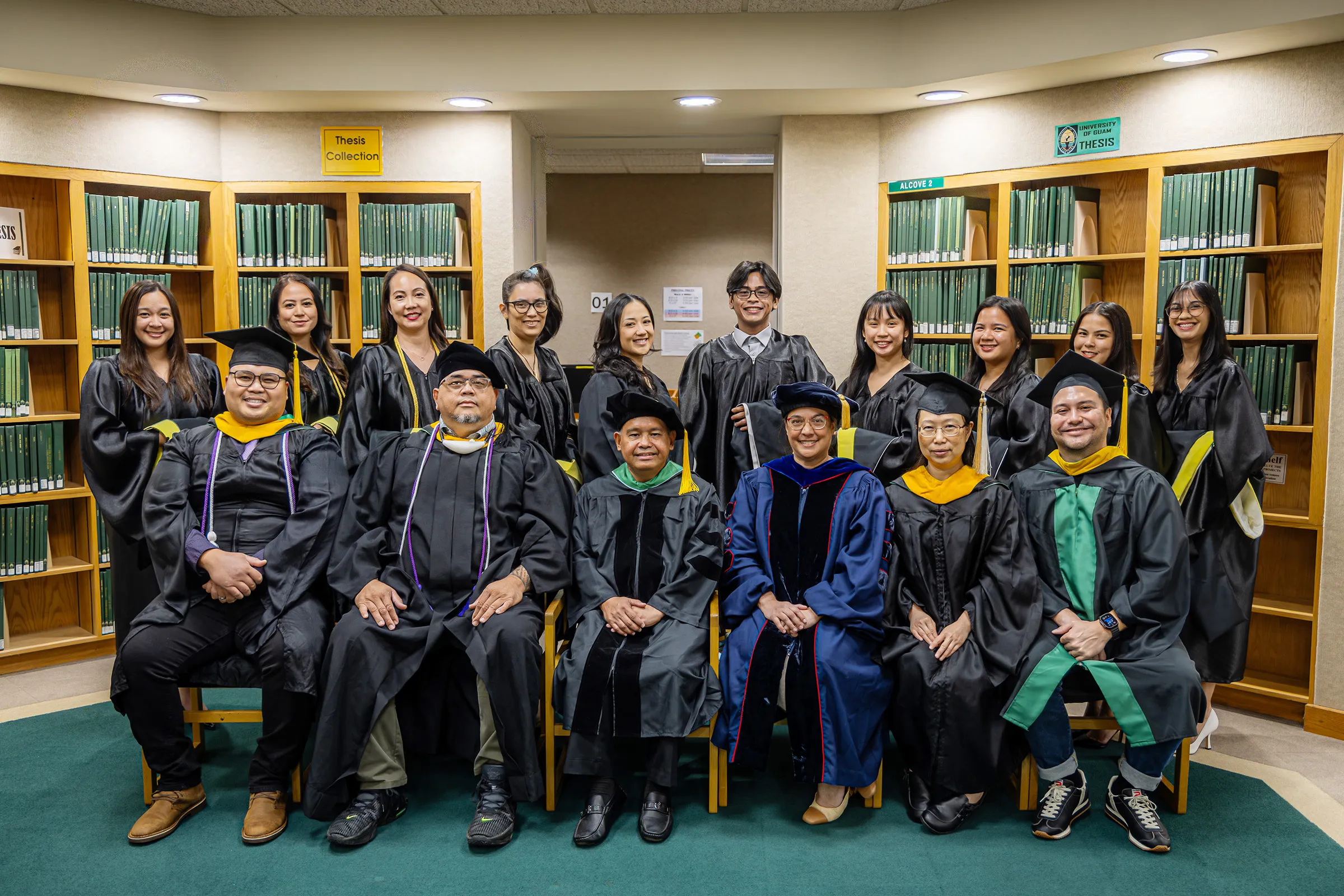I RECENTLY shared a tribute to Charlie Kirk, and I felt it important to follow up. I was surprised at how deeply Charlie’s life and work impacted me. Just a few days ago, my brother and I were talking about him, reflecting both emotionally and thoughtfully on the influence he had — not only in our lives but globally.
My brother said something striking: “Do I agree with all of his doctrines and teachings? No. But he has done more to bring people to Christ than anyone in the last hundred years — like it or not.”
I’ve personally witnessed evidence of this online. People who once identified as atheists, radicals, or who had rejected church are now turning back to God. I’ve seen liberals, people with “blue hair,” even those in the LGBTQ community — lesbians, gays — finding themselves welcomed into church communities and buying Bibles again. People of all races have expressed gratitude for the role Charlie played in their faith journey.
Sadly, our country is in a time of deep divisiveness. Instead of listening and seeking understanding, many feel compelled to highlight disagreements in vile and destructive ways.
I have been disgusted by those on the right who responded with cruelty toward people “dancing on his grave.” Their reaction, though in opposition, was equally vile. Likewise, I’ve seen attacks on the shooter’s family — who have now had to move. That is wrong. The young man made his own choices; I don’t believe his family taught him to kill. They are now enduring unimaginable grief and pain, and loss.
The contrast is stunning: on one hand, my brother and I remembered a man whose influence was remarkable; on the other, critics described Charlie as an “evil, bigoted man.” But as Scripture says, “By their fruits you shall know them.”
Much of the hate aimed at him wasn’t based on honest engagement with what he actually said. If you listen to his words in full context — especially in conversations with minorities — you see a very different picture than the caricature painted by his opponents. Too often, accusations of racism or bigotry were twisted from selective quotes, rather than a fair hearing. In truth, much of the animosity came down to one thing: his support of Donald Trump.
I’ve even had people tell me directly that they wouldn’t vote for me simply because I supported Trump. That’s their choice, but it’s sad when political allegiance overshadows personal relationships and shared values. Especially here in the islands, where “Republican,” “Democrat,” or “Independent” often shifts depending on the candidate, not the policy.
This division even entered my own family. After I posted my tribute in our family chat, a member of the family responded by posting “the other side.” I felt her timing was insensitive. To bring political attacks into a space of mourning seemed wrong.
I told her directly — not in the chat, but privately — that I hoped no one would come to her funeral to “present the other side.” There is a time and place for debate, but not when people are grieving the death of a man. To justify a murder or mock the sorrow of others is deeply immature and callous. Debate his ideas during his life if you must — but don’t trample on his death.
When I submitted my tribute as a Letter to the Editor, I received the same sort of backlash. Many people who hated Charlie poured out their hatred on me as well. Yet their arguments were weak. Instead of reasoned debate or full context, they resorted to insults and name-calling.
This has become all too common: when people lack a strong argument, they default to personal attacks. But screaming, labeling, and vilifying do not persuade. They only deepen division.
This is not only about Charlie Kirk; it’s about the state of our community. In the Commonwealth, as in the nation, political debates have become filled with personal destruction instead of constructive ideas.
Yes, some individuals make serious mistakes that rightly invite accountability. But all of us have flaws. None of us should be judged only by our worst words or moments. Public discourse should focus on solutions: What are your plans? What are your policies? What is your vision for a better future?
We don’t grow as a people by hiding behind anonymous comments, doing “drive-by” character assassinations, or teaching our children to hate. We grow by listening, debating respectfully, and offering real solutions.
As we mourn Charlie’s passing, I hope we also reflect on ourselves. Let us become better people, teaching good values to our children and grandchildren. Let us move away from attacks and toward constructive dialogue.
Because in the end, honor, respect, and listening will carry us further than division and hate ever could.
DEL BENSON
Saipan, CNMI









